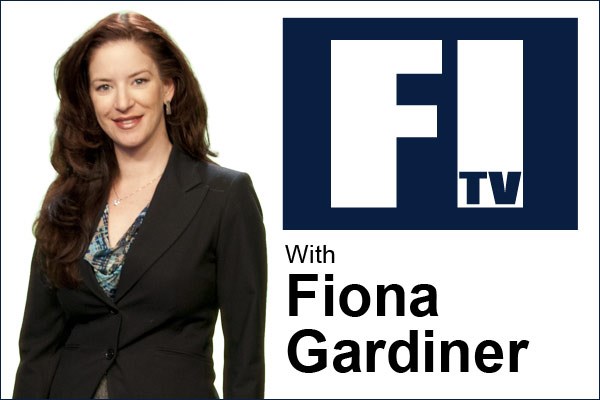When Alex Trebek announced he had cancer, even ardent fans who urged him to fight the diagnosis were already quietly thinking about who would replace him in the end. Just this month, after weeks of guest hosts stepping in and “auditioning” for the coveted role, executive producer, Mike Richards, proudly announced that he, himself, was the new host of Jeopardy!
Seriously? After making so many people jump through hoops, he gave the job to himself?
Of course, Richards softened the news by adding that real-life Ph.D. and actress, Mayim Bialik of The Big Bang Theory would host the show’s primetime specials. But the damage was done.
Viewers had been offering their input for weeks. Those who dreamt of former winner Ken Jennings or PBS host and Kunta Kinte himself, LeVar Burton leading the show felt cheated. And then Richards’ past reared up to bite him in the, uh, rear.
A reporter found numerous comments he made on a comedy podcast show seven years ago. The Anti-Defamation League demanded an investigation into him. And viewer reaction was not pretty – even among those who didn’t actually see or read the comments, but just “heard about them.”
Okay, I have to ask, what was Richards thinking? He was on a show that was recorded and sent out into the world? Did he think it would disappear like a bad smell? Or that no one would remember?
Having said that, viewers’ perception of their power, has gone to their heads.
Yes, in entertainment, fans influence what airs and what doesn’t. After all, ratings – or the number of people watching – is king. Ratings decide how valuable the airtime is for advertisers and controls the money the networks can make selling commercial spots. The more people are watching, the more people will see the commercials. So the more the networks can charge for that airtime which then pays for the show.
If no one’s watching, there’s no value. No value means no money. No money means the show won’t be purchased. Nobody purchasing the show means no money to make it. End of show.
That’s a lot of power in the hands of a lot of anonymous “someones” hanging out at home with a remote control, short attention span, and a butt-sized imprint on their favourite spot on the couch. (Yes, I too have one.)
Understandably, in this case, viewers fell into a fantasy that because the host candidates were be auditioned publicly on television, we all had a say in the final decision. Surprise! We did not.
We, as viewers, aren’t privy to all the details involved in producing a show. Schedules, long-term goals, financial demands, timing, legal options, politics, advertisers … So no, you and I will never have the final say in casting decisions. Get over it.
Was the process – or the game – rigged? Of course. One can’t compete and play referee as well.
But at the same time, the officials will never ask someone in the stands to make the final call.

